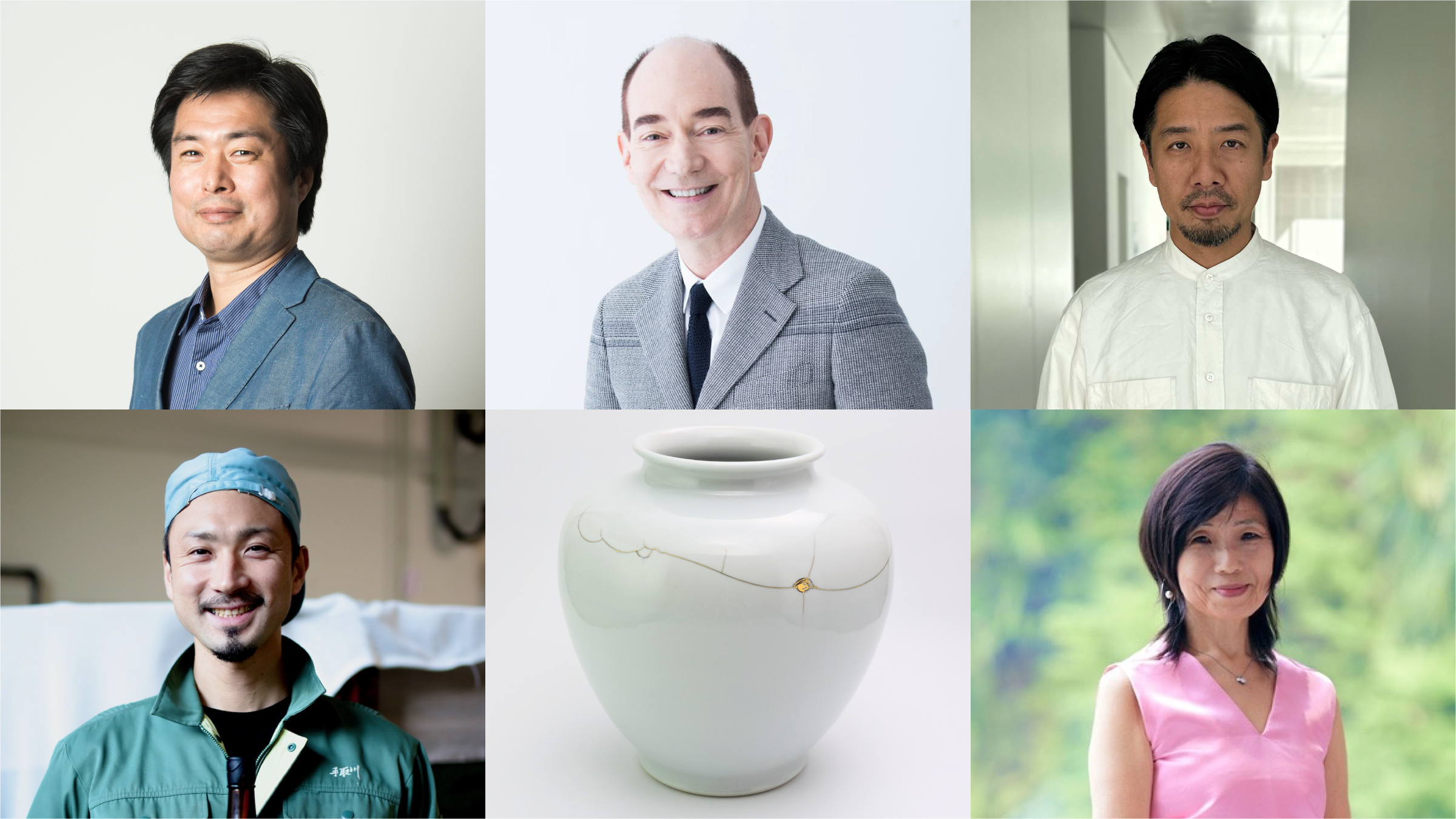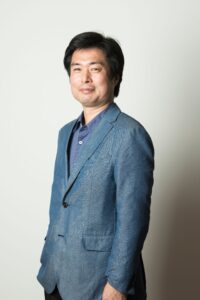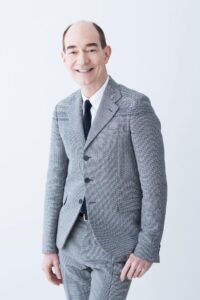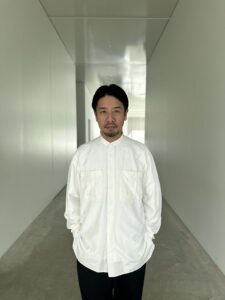Organized by:
21st Century Museum of Contemporary Art, Kanazawa
January.10.2025

Duration:
Thursday, February 6, 2025
17:30-19:30 (Doors open at 17:00)
venue:
21st Century Museum of Contemporary Art, Kanazawa, Theater 21
Fee:
General: 3,000 yen / Students: 500 yen
How to apply:
Please apply from here
https://dancing-with-all-noto.peatix.com/
Capacity:
100 people (advance reservations required)
Speakers:
Part 1
Robert Campbell
Part 2: Talk Session
Panelists: Yuko Hasegawa, Junichi Okuyama, Yasuyuki Yoshida, Robert Campbell
Moderator: Masaharu Fujiyoshi
Inquiries:
21st Century Museum of Contemporary Art, Kanazawa
TEL 076-220-2801
The Noto Peninsula earthquake caused extensive damage, but in the process of recovery from the disaster, new creative activities that go beyond mere restoration have been born. In this event, we will introduce innovative initiatives that were born as a result of the earthquake, and together we will consider the possibilities for connecting them to the future.
In the “Dancing with Everything – Sympathetic Ecology” exhibition currently being held at 21st Century Museum of Contemporary Art, Kanazawa, the “Rediscover Project,” an activity initiated by CACL after the earthquake, is being introduced. This is a project in which crafts such as Wajima-nuri/Kutani-yaki/Shuzu-yaki, which were damaged by each other, are combining their skills to create new crafts. These activities not only provide craftspeople with new work opportunities, but also reaffirm respect for craftsmanship and the importance of collaboration.
In addition, the “Craft Sake” initiative, created by sake breweries affected by the Noto Peninsula earthquake in cooperation with breweries across Japan, #Don’t Stop Noto’s Sake! has also attracted attention. This project, which received a great deal of support through crowdfunding, has created new value through a fusion of tradition and creativity.
One year after the disaster, we will introduce these new buds of creation and invite Robert Campbell, who has been walking around the affected areas, to discuss the time that connects tradition and modernity, the places that connect Noto to the rest of Japan and the world, and the new ecology that weaves each of them together. We will discuss the new ecology (ecological system) that weaves together each of them.
17:00 Doors open (Registration)
17:30-18:20 Part 1: Robert Campbell
“So that broken things don’t go far away: Rebuilding and passing on in the face of disasters
18:20-18:30 (break)
18:30-19:30 Part 2: Talk Session
Creating and Connecting: From the Noto Peninsula Earthquake
Moderator : Masaharu Fujiyoshi (Editor in Chief, Forbes JAPAN)
Panelist :Robert Campbell
Junichi Okuyama (CACL)
Yasuyuki Yoshida (Don’t Stop Sake in Noto!)
Yuko Hasegawa (Director, 21st Century Museum of Contemporary Art, Kanazawa)

Director, Link Ties Co.
Editor-in-Chief of Forbes JAPAN. His book “Fukui Model – The Future Begins in the Local Region” (Bungeishunju) was a finalist for the Shincho Documentary Award in 2015. 2016 saw the release of the Korean edition of the book, which ranked first in the “Books of 2016” selected by the book reviewers of Oh My News in Korea. 2017, the Korea Publishing Culture Promotion Agency selected as one of the 20 books recommended for university students by the Korea Publishing and Culture Promotion Agency in 2017. Other books include “The Great Business Transformation! The Decisions of 11 Post-Capitalist Companies” (Bungeishunju) and his latest book, ‘Editing the Future: The Think Tank API Experiment’ (Jitsugyo no Nihonsha).
 Robert Campbell
Robert CampbellRobert Campbell is a scholar of Japanese literature. He is a specially appointed professor at Waseda University, advisor to the Waseda University International Literature Center (Haruki Murakami Library), board member of the Japan Association for the 2025 International Exposition, and professor emeritus at the University of Tokyo.
Born in New York City. He specializes in research on literature of the Edo and Meiji periods, especially on Chinese literature, art, and thought from the mid-Edo to Meiji periods. His major edited works include “War Vocabulary” (Iwanami Shoten), “Yomu Utsuwa” (Tankosha), “Japanese Classics and Infectious Diseases” (Kadokawa Sophia Bunko, editor), “Inoue Yosui English Lyrics” (Kodansha), and “Tokyo Hyakunen Monogatari” (Iwanami Bunko).

CEO, CACL Inc.
Chairman of Rediscover Project Executive Committee
In 2023, he founded CACL, a company that combines traditional crafts and welfare for the handicapped. The company is based in Nomi City, Ishikawa Prefecture, which is known for its Kutani ware.
By connecting Kutani ware damaged by the Noto Peninsula Earthquake that occurred on New Year’s Day, 2024, CACL created jobs for Wajima lacquerware craftsmen who were affected by the disaster and set up a temporary workshop within CACL.
Currently, the project has evolved from the reconstruction phase to the Rediscover project with the aim of “rediscovering true diversity.

The 7th generation of Yoshida Shuzoten, the brewer of “Tedorigawa” and “Yoshida Kurau”.
Under the theme of “Brewing sake that connects to the future by returning to the original form of locally brewed sake,” he has been working to rebuild locally brewed sake using modern Yamahai methods, while also introducing solar sharing and working with the Hakusan Tedorigawa UNESCO World Geopark to protect Hakusan Mountain.
From 2024, as a support activity for sake breweries damaged by the Noto Peninsula earthquake, the “Don’t Stop Noto’s Sake! project to support sake breweries damaged by the Noto Peninsula earthquake.

Curator, Art Critic/ Visiting Professor, Institute for Global Environmental Studies/ Program Director, Art Design Department, International House of Japan/ Artistic Director, Inujima “House Project
Graduated from Kyoto University, Faculty of Law. M.F.A., Tokyo University of the Arts.
Organized international exhibitions such as Biennials in Russia and Turkey, “Japanorama: New Visions of Japanese Contemporary Art since 1970” in France, and “Japonisme 2018: In Search of Depth – Japanese Aesthetic Sense” Since 2010. He has been researching the relationship between ecology and art and reflecting it in his curatorial practice. 2024, he will be the art director for “Mori no Geijutsu Matsuri: Haru no Kuni Okayama” (Forest Art Festival: Okayama, Japan). His publications include “Curation: The Power to Shake Knowledge and Sensibility” (Shueisha), “Japanorama: Contemporary Art in Japan since 1970” (Suiseisha), and “New Ecology and Art: The New Humanocene as ‘Magotsuki Jidai’” (Ibunsha).
Organized by:
21st Century Museum of Contemporary Art, Kanazawa
Media Partner:
Forbes JAPAN SALON
CACL Inc.